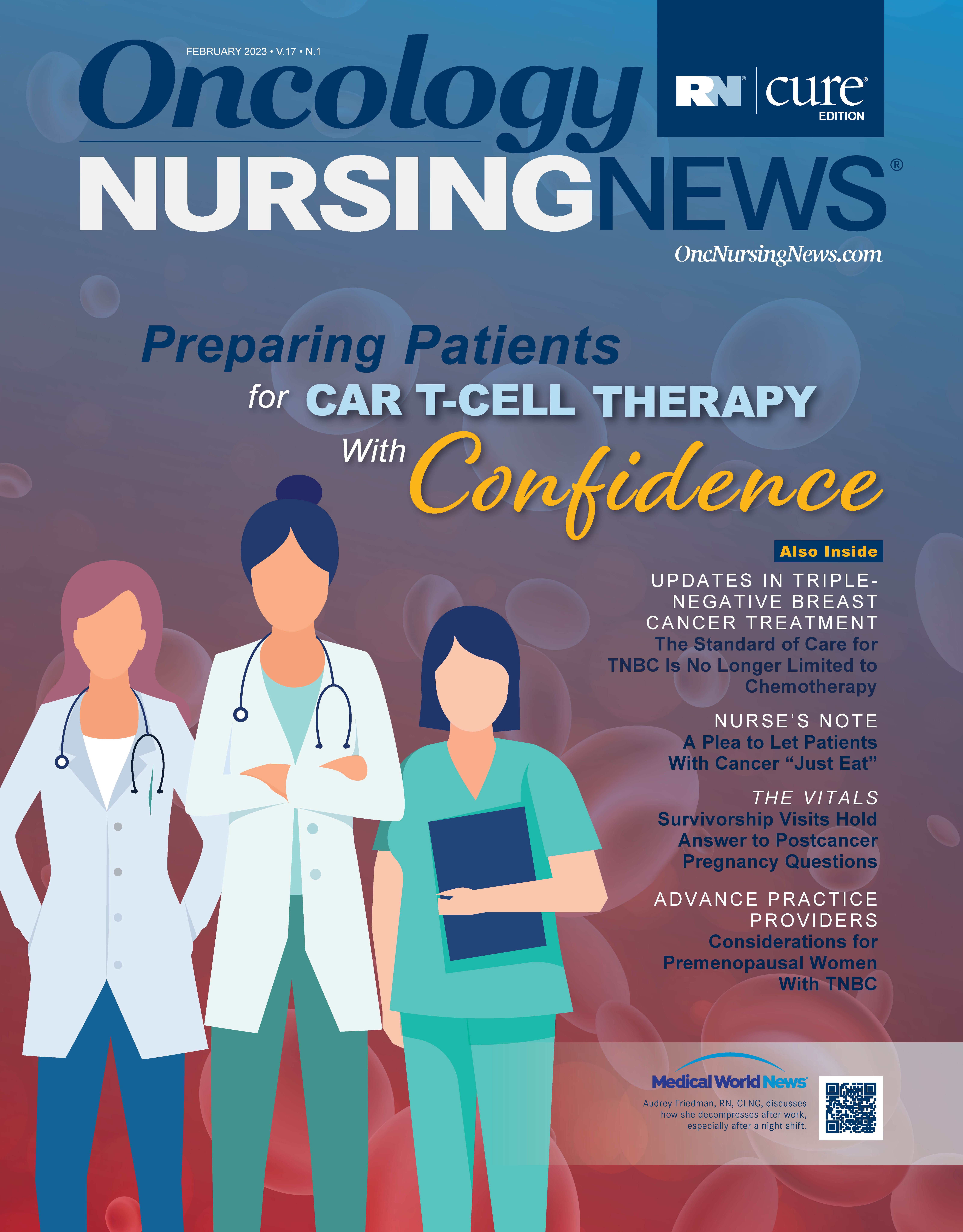
Prior Authorization Is Top Administrative Challenge of 2023
Prior authorization costs clinicians time and money. Heading into 2023, prior authorization was listed as a top administrative challenge.
Prior Authorization Is Top Administrative Challenge of 2023

The number of prior authorization requests continues to increase despite promises to the contrary by payers. The increase is costing physicians time and money. In a Medical Group Management Association (MGMA) poll, 70% of medical groups queried indicated that prior authorizations had increased in the past year.
Physicians say their practices continue to struggle with either a lack of response or no response from payers, increased time spent by staff to try to gain approval, and a lack of automation in the process.
These difficulties can lead to delays in patient care. A University of Colorado study found that 93% of physicians reported care delays and that 82% reported cases of treatment abandonment (when the patient does not follow through) because of prior authorization requirements.
“There’s not 1 standardized way to submit prior authorizations or additional information— maybe clinical information or chart information—to the health plans,” Anders M. Gilberg, MGA, senior vice president of government affairs for MGMA, said. “Each health plan thinks they have the best proprietary way to make it really easy.”
But for practices with 20 to 30 payers, that can mean 20 to 30 different websites and passwords.
“The way it works is you have to hire staff to go in there and learn each of those processes, which is time consuming and redundant,” Gilberg said. “Ideally, we’re looking for 1 standard and 1 way of submitting them, such as pushing a button or maybe having it integrated with an electronic medical record and the clinical record. We could provide the information health plans need but [we want to] do so in a streamlined way….”
Although that solution doesn’t exist yet and physicians can’t change the prior authorization demands from payers, they can take the following steps to minimize the burden.
Designate a prior authorization champion.
Having 1 staff member run point on prior authorizations will help that individual learn what each payer wants and the best ways to get authorizations approved in a timely manner.
Keep detailed notes for each patient.
All it takes is 1 piece of information to be missing from a patient’s chart for a payer to deny the authorization. Always keep this in mind when documenting a patient’s condition and what tests have been done. If something is abnormal, document it.
Learn what payers want.
Payers will have different requirements before authorizing tests such as an MRI. If the payer requires an x-ray first, make a note of that for future reference and complete as many of the requirements as possible before submitting the prior authorization.
Be persistent.
Just because a payer denies the first request doesn’t mean you should give up. Some payers have staff with minimal medical backgrounds who review initial requests and may just be looking for key trigger words as a reason to reject a claim. An appeal will most likely go to someone with more medical training.
Recruit the patient.
Have the patient call the insurance company if necessary. They will be talking to a different department and may either get a different answer or gain clues as to what is needed to get the prior authorization approved.
Escalate, escalate, escalate.
There is little point in arguing with a payer-employed nurse over a complex medical issue that may be well outside their expertise. Ask for a peer-to-peer review or, in extreme cases, to speak with the medical director or chief medical officer. They still may not have experience in the relevant specialty but will at least have a background to better understand the specific challenge being addressed.

Latest Conference Coverage

Apalutamide/ADT Confers 100% Recurrence-Free Survival in High-Risk Prostate Cancer
TAR-200 Leads to Lasting Responses in BCG-Unresponsive Bladder Cancer

UGN-102 Produces Comparable Responses Regardless of Surgery in NMIBC Subset

Verbal Workflow for Tocilizumab Orders Results in More Timely CRS Intervention
2 Commerce Drive
Cranbury, NJ 08512
All rights reserved.